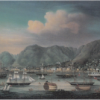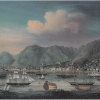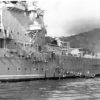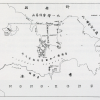We are excited to announce the tentative programme for our conference ‘Port Cities in Comparative Global History: Potentials and Issues‘ which takes place in Hong Kong on the 15th and 16th June 2023. The event is funded by the History Department and Modern History Research Centre at the Hong Kong Baptist University and Lloyd’s Register […]







